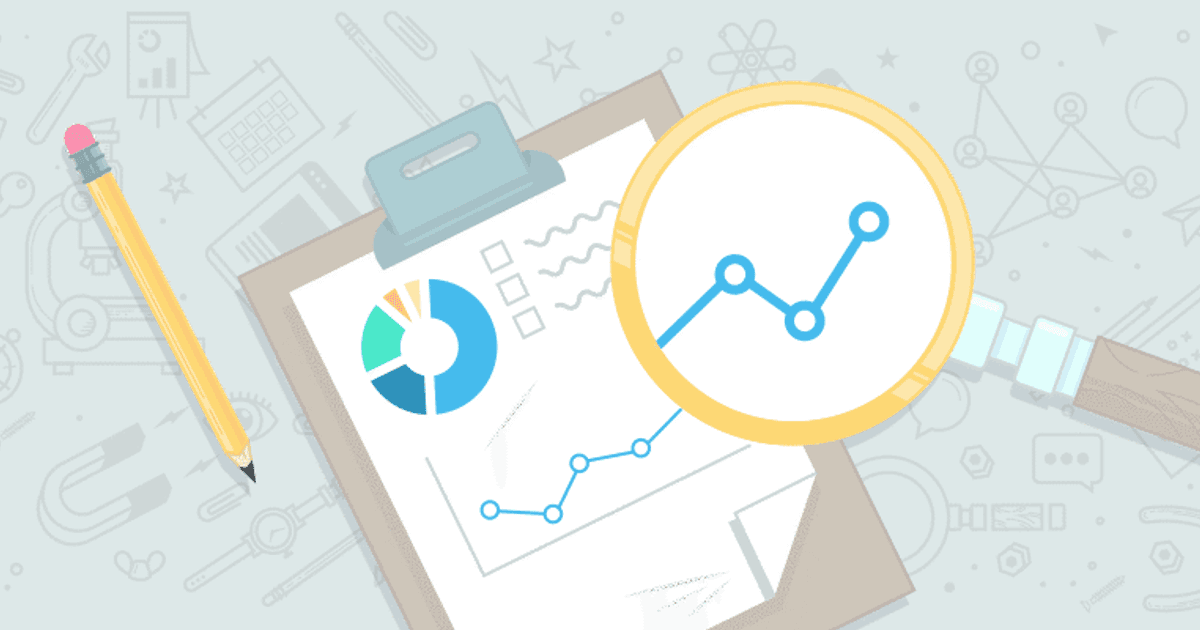
Artificial Intelligence (AI) is rapidly becoming an integral part of modern business operations. From automating repetitive tasks to improving decision-making, businesses are using AI to enhance efficiency, reduce costs, and improve the customer experience. Here are some of the most common ways that businesses are utilizing AI today:
- Automation of repetitive tasks: One of the most obvious ways that businesses are using AI is to automate repetitive tasks such as data entry and analysis. This can help to reduce the workload for human employees and improve the accuracy of data-driven decisions. AI-powered tools can also be used to automate routine tasks such as scheduling appointments, responding to customer inquiries, and processing invoices.
- Improving decision-making: AI-powered machine learning algorithms can be used to analyze vast amounts of data, identify patterns, and make predictions. This can help businesses to make more informed decisions, such as identifying which products or services are most likely to be in demand, or which customers are most likely to churn. By using AI to analyze data, businesses can also identify areas where they can improve their operations, such as by reducing waste or optimizing inventory levels.
- Enhancing customer service: AI-powered chatbots and virtual assistants are increasingly being used to enhance customer service. These tools can be used to respond to customer inquiries 24/7, providing quick and accurate answers to common questions. They can also be used to help customers navigate through a website, make a purchase, or schedule an appointment. By providing customers with fast and accurate assistance, businesses can help to improve customer satisfaction and build stronger relationships with their clients.
- Predictive maintenance in manufacturing and supply chain management: AI can be used to predict when equipment is likely to fail so that maintenance can be scheduled before an incident occurs. This can help to minimize downtime and reduce the costs associated with unplanned maintenance. In addition, AI can be used to optimize logistics and supply chain management, by predicting demand for products and services and adjusting production and distribution accordingly.
- Targeted marketing and personalization of products and services: AI can be used to analyze customer data, such as browsing and purchase history, to create more targeted and personalized marketing campaigns. By understanding what customers are looking for, businesses can tailor their products and services to meet their specific needs and increase the chances of a sale. AI can also be used to predict which customers are most likely to make a purchase and target them with personalized offers or discounts.
- Fraud detection and financial risk analysis: AI can be used to detect and prevent fraud, by analyzing vast amounts of data and identifying patterns that are indicative of fraudulent activity. This can help businesses to protect themselves against financial losses and reputational damage. AI can also be used to analyze financial risk, by identifying patterns that indicate potential problems, such as a high rate of loan defaults. By identifying and addressing these risks early on, businesses can minimize the impact of financial losses.
- Predictive analytics and forecasting: AI can be used to predict future trends and patterns, by analyzing data from a variety of sources. This can help businesses to plan for future growth and make more informed decisions about where to invest their resources. For example, by analyzing data on economic indicators, AI can be used to predict future market trends, such as changes in consumer spending, and adjust business strategies accordingly.
- Intelligent automation in human resources and recruitment: AI-powered tools can be used to automate many aspects of human resources and recruitment, such as resume screening, interview scheduling, and candidate assessment. By automating these tasks, businesses can save time and resources, and ensure that the best candidates are identified and selected for open positions.
- Optimization of operational processes: AI can be used to optimize a wide range of operational processes, such as logistics and supply chain management, production scheduling, and inventory management. By analyzing data from various sources, AI-powered tools can identify bottlenecks and inefficiencies in these processes and suggest ways to improve them. This can help businesses to reduce costs, increase efficiency and improve customer service.
- Personalized medicine and healthcare: AI has the potential to revolutionize the healthcare industry by enabling more personalized medicine. By analyzing large amounts of data from patients, AI-powered tools can identify patterns that indicate potential health risks and suggest personalized treatment plans. AI can also be used to analyze medical imaging, such as X-rays and CT scans, which can help doctors to identify diseases and conditions earlier.
In conclusion, AI is being used in various ways by businesses to improve their operations, increase efficiency, and enhance customer service. As the technology continues to advance and costs decrease, it is likely that more businesses will adopt AI-powered solutions in the future. However, it is important to note that AI is not a magic wand, and it requires a lot of data, resources and human expertise to make it work. Businesses should also be aware of the ethical considerations surrounding the use of AI and take steps to ensure that the technology is being used in a responsible and transparent manner.






